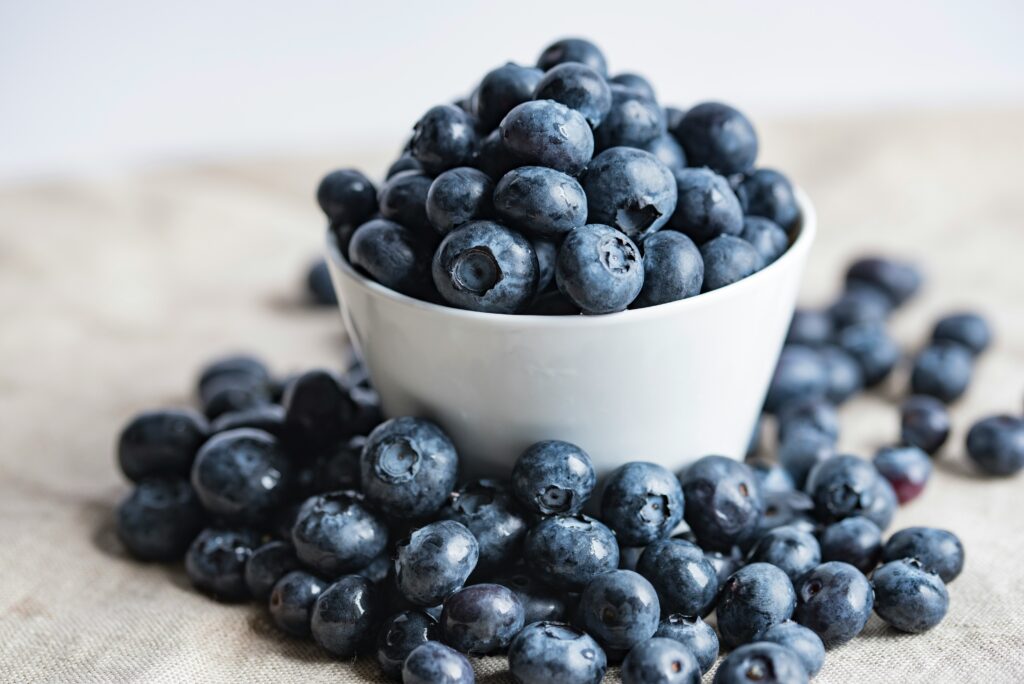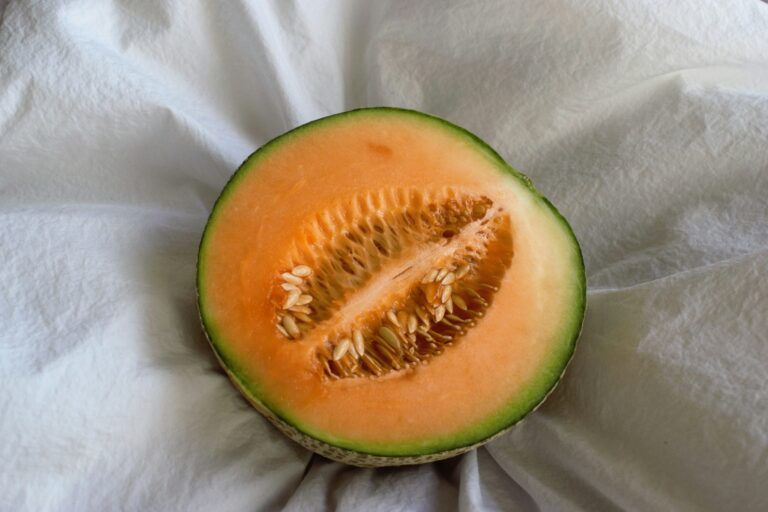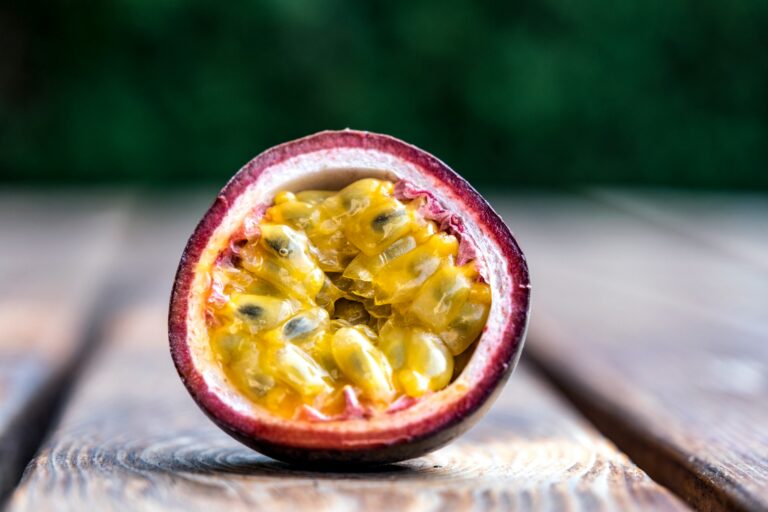The scientific name of blueberry is Vaccinium Cyanococcus. Blueberries are called vaccinium because vaccinium is used in classical Latin for a plant, maybe derived from the Latin bacca, berry. Blueberry is native to North America. Wild blueberries are native to the UK. The United States is the world’s largest producer of blueberries. They are also grown in Chile, Colombia, and British Colombia. Commercial blueberries both wild and cultivated blueberries are all native to North America.
Color: blueberries are observably blue. Their actual color is deep purple.
Shape: Blueberry flowers are bell-shaped, sometimes tinged greenish. They are pale greenish at first, then reddish-purple, and finally blue when ripe.
Size: This fruit is 5 to 16 millimeters in diameter. They are covered in a protective coating of powdery epicuticular wax known as bloom.
Flavor: The flavor of blueberry is sweet floral, woody, drying, and musky with a touch of soft acidity.
Nutrients
Blueberries are healthy foods containing vitamin C, manganese, and other beneficial plant compounds. A 3.5-ounce (100 grams) serving of raw blueberries has
- Calories 57
- Carbohydrate 14 g
- Protein 0.7 g
- Calcium 6 mg
- Fiber 2.4 g
- Total Fats 0.3 g
- Sugar 10 g
- Water 84%
Health Benefits of Blueberry
Blueberries contain vitamins, minerals, and antioxidants that provide notable health benefits. Blueberries are so tasty that people consider them their favorite fruit.
Full of antioxidants
Antioxidants protect your body from free radicals, which are unstable molecules that can damage your cells such as cancer. The main antioxidant compound present in blueberries is flavonoids which belongs to the family of polyphenol antioxidants.
Low in calories
Blueberries are small around 0.2 to 0.06 inches in diameter. Blueberries are among the most nutrient-dense berries. They are also about 85% water and an entire cup. Only 84 calories which 21.5 grams of carbohydrates.
Helps in reducing DNA damage
Oxidative DNA damage is an unavoidable part of everyday life. DNA damage is a part of the reasons we grow older. It plays an important role in the development of diseases like cancer. Blueberries are high in antioxidants, and they can neutralize some of the free radicals that damage DNA.
Lower blood pressure
Blueberries appear to have significant benefits for people with high blood pressure, which is a risk factor for heart disease in today’s generation.
Protect cholesterol in blood from being damaged
Oxidative damage is not limited to your DNA and cells. Oxidation of bad LDL cholesterol is crucial in the heart disease process. The antioxidants in blueberries are strongly linked to the reduced level of oxidized LDL. This benefit makes the blueberries very good for your heart.
Helps prevent heart disease
It is the most important thing that blueberries help prevent hard points like heart attack, which is the world’s leading cause of death. Eating blue varies may lower blood pressure and oxidized LDL cholesterol.
Aids in better digestion
Blueberries contain dietary fiber, which helps your digestive system run some monthly.
Blood sugar control
Blueberries help you better manage your blood sugar level. Eating blueberries regularly can help improve insulin sensitivity in people with type 2 diabetes.
Stronger immune system
Blueberries leaf tea contains vitamin C, which has been shown to help make your immune system work better. The anthocyanin in blueberries can also help your body fight off infections.
Side Effects of Blueberry
Blueberries are generally considered to be healthy food but sometimes eating in extra amounts can lead to digestive issues like:
- Diarrhea
- Constipation
- Stomach pain
Make sure to drink plenty of water to avoid these issues.
FAQ’s
Can we eat blueberry seeds?
Yes, blueberry seeds are safe to eat and harmless and do not cause any side effects like digestive disorders and other ailments.
Are blueberries a superfood?
Yes, blueberries are considered a superfood because brain-boosting power comes from the higher concentration of antioxidants present in blueberries.






